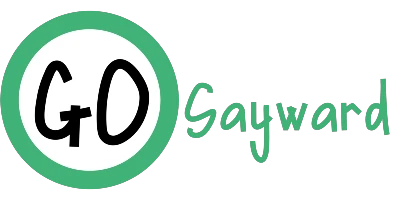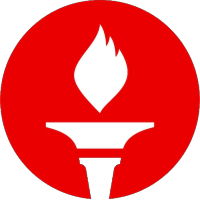Sayward Futures Society Seeks Volunteers
Sayward Futures Society is looking for enthusiastic volunteers this spring to help with trail maintenance and cleanup at several local Recreation Sites and Trails BC locations—including the beautiful Elk Creek area. Your support will be especially valuable in preparing trails for the upcoming Coastline Endurance Running Kusum Climb, ensuring participants and community members can enjoy safe, well‑maintained routes.
Volunteering is a wonderful way to spend time outdoors, breathe in some fresh coastal air, and connect with others who care about our natural spaces. It’s also a fun and active way to shake off winter, get your body moving, and contribute to the long-term health of the trails we all enjoy.
Whether you’re able to help for a single afternoon or you’re interested in volunteering regularly, every pair of hands makes a meaningful difference. Your time and energy directly support the stewardship of local recreation areas and help keep them accessible for everyone.
If you’d like to learn more or sign up to volunteer, reach out to volunteers@saywardfutures.ca.










